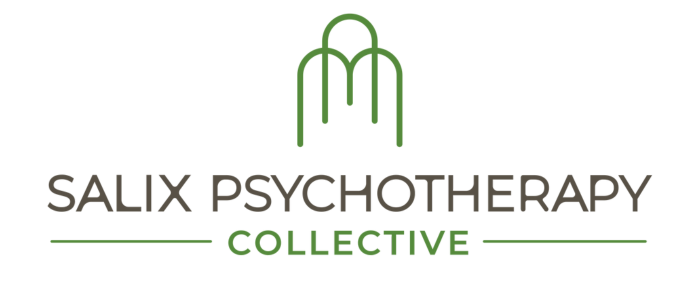Depression is characterized by persistent feelings of sadness, hopelessness, and a lack of interest or pleasure in daily activities that used to be enjoyable.
Depression
Depression, often referred to as clinical depression or major depressive disorder, is a complex mental health condition that manifests physically and emotionally. In addition to low mood or irritability, symptoms of depression can include changes in sleep patterns and appetite, decreased concentration, intense fatigue, low self-esteem, and thoughts of self-harm or suicide. Although some of the symptoms of depression can be temporary responses to stress, when depression is intense or long-lasting, it can significantly impact one’s quality of life and can improve with treatment. Psychotherapy plays a vital role in the treatment of depression, offering support, coping strategies, and a safe space for individuals to explore and address the underlying causes of their symptoms.
Symptoms of Depression
-
- Feelings of sadness, tearfulness, emptiness or hopelessness
- Angry outbursts, irritability or frustration, even over small matters
- Loss of interest or pleasure in most or all typical daily activities
- Sleep disturbances, including insomnia or sleeping too much
- Tiredness and lack of energy, so even small tasks take extra effort
- Reduced appetite and weight loss or increased cravings for food
- Anxiety, agitation or restlessness
Reach Out

